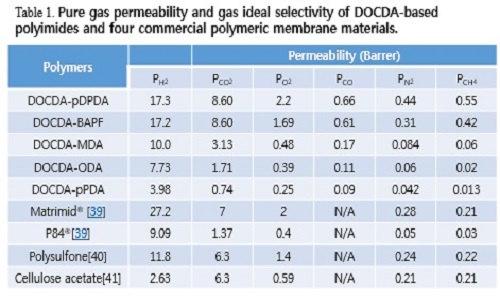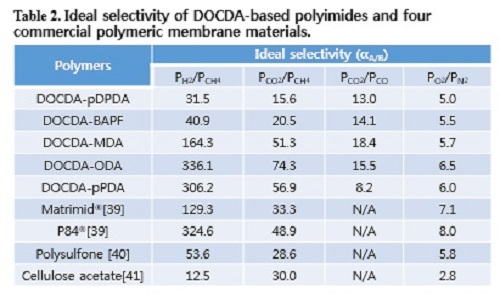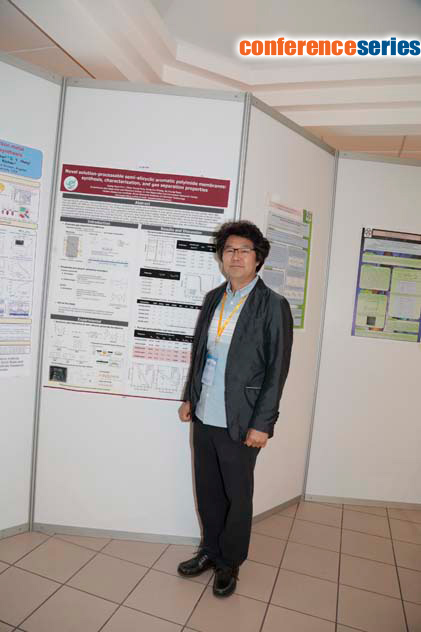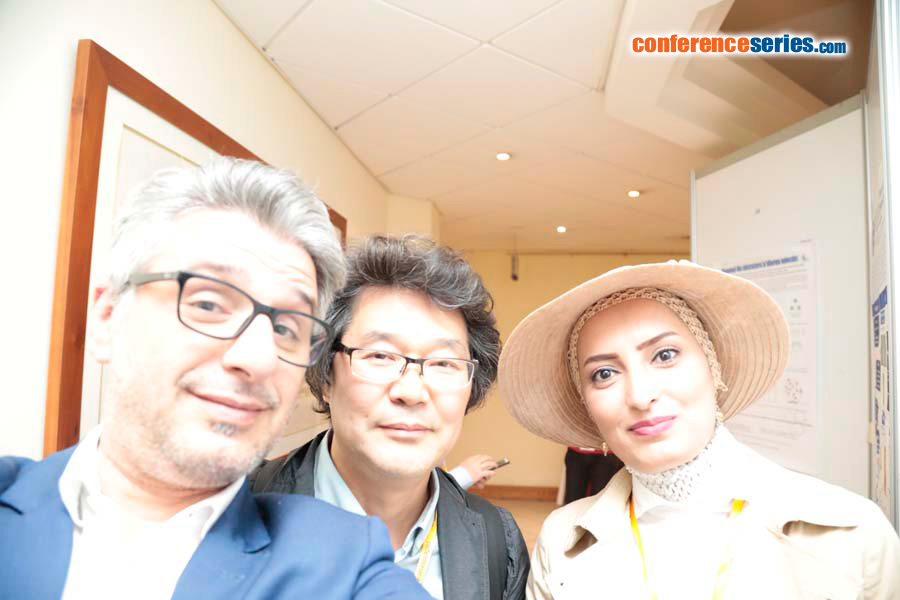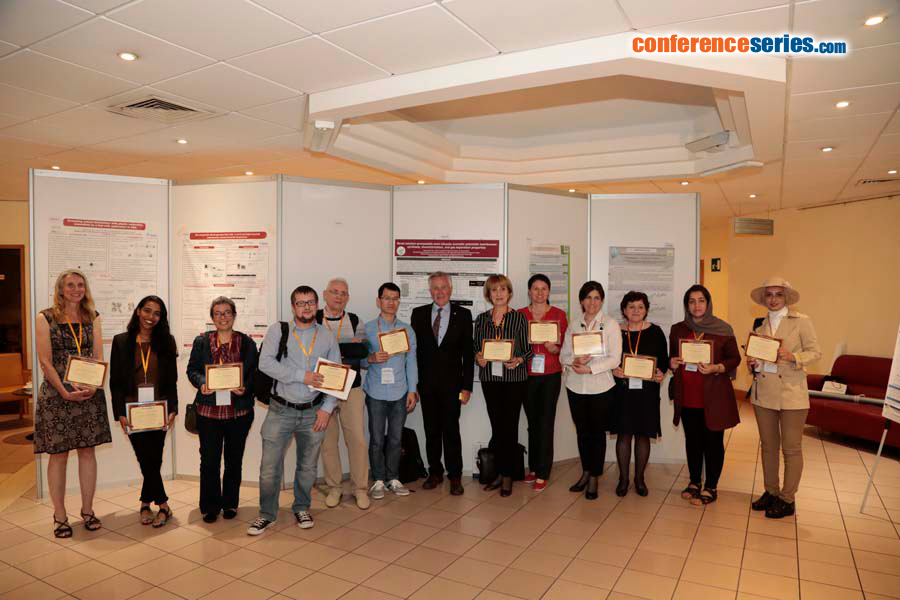
Jeong-Hoon Kim
KRICT - Carbon Resources Institute, South Korea
Title: Separation of by-product gases in steel industry for carbon resources utilization by semialicyclic polyimide membranes
Biography
Biography: Jeong-Hoon Kim
Abstract
Huge amount of by-product gas mixtures (H2, CH4, CO, CO2, N2, etc.) has been produced from steel industry in Korea and worldwide. Among the by-product gases, CH4 and H2 are included in coke oven gas (COG). CO2 and CO is included in blast furnace gas (BFG) and Linz Donawitz gas (LDG) in steel industry. If they can be efficiently separated at high purity and recovery, they can be used valuably for carbon capture and utilization (CCU) producing chemical products such as methanol, ethanol, ethylene, acetic acid, etc. and therefore, contributing to reduction of global warming. There are typical separation technologies: cryogenic, adsorption, absorption and membrane. Membrane technology can be a promising new separation technology owing to cheap plant construction, easy operation, environmental friendliness etc. The economy and energy efficiency of membrane process depends mainly upon gas selectivity and gas permeability of membrane materials. This study shows the preliminary result for the gas separation properties of soluble polyimides as membrane materials - CO2/N2 (or CO2/CO) and H2/CH4 (or CO2/CH4) selectivities and CO2 and H2 permeabilities. We have developed an alicyclic dianhydride-5-(2,5-dioxotetrahydrofuryl)-3-methyl-3-cyclohexene-1,2 dicarboxylic anhydride (DOCDA) based homo- and co-polyimides with various dianhydrides and diamines using m-cresol as a solvent, respectively. Thin dense membranes were prepared from the copolyimides to check their gas permeation properties with a time-lag apparatus. All homo- and copolyimides showed good solubility for organic solvents and excellent thermal stability. The synthesized polyimides showed excellent CO2/N2 (or CO2/CO) and H2/CH4 (or CO2/CH4) selectivities, and high CO2 and H2 permeabilities. These results confirmed these polyimides could be used as membrane materials for the separation of CO2, CH4, H2 and from by-product gases in steel industry.


